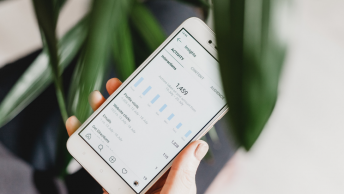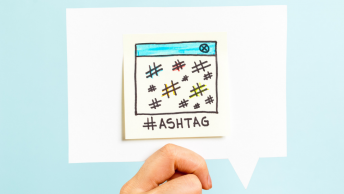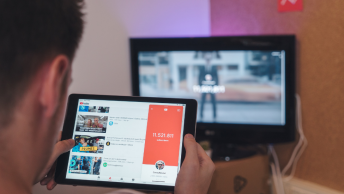If you post frequently to build a social media following, I’m sure you include hashtags with your posts. If not, you are missing out on incremental exposure.
Some people may view hashtags as another social trend used only by millennials. Boy are they wrong. Hashtags have the power to include your message along with any topic of conversation–right beside the most influential thought leaders. American Express Open Forum in conjunction with The Huffington Post developed an infographic that conveys the power of the hashtag.
The Power of The Hashtag
The Power
- In the social media age, the #hashtag is one of the most powerful tools around.
- A fitting tag can help drive brand recognition, boost the reach of an advertising campaign and positively impact customer loyalty.
The Basics
- Use the #hashtag symbol (#) before a relevant keyword or phrase to categorize Tweets and help them easily show up in Twitter search.
- #Hashtags can occur anywhere in the Tweet – at the beginning, middle, or end.
- #Hashtags will not appear in search if your account is protected or private
Best Practices
- Don’t over-tag a single Tweet. Twitter officially recommends no more than two #hashtags per Tweet.
Using too many hashtags devalues the strength of the hashtag and makes each additional one more meaningless than the last. It could lose your followers and permanently cheapen your brand’s social media reputation. - Choose just one #hashtag to speak for your brand and strengthen consumer awareness.
- Live Q&A sessions, also called Twitter chats, are discussions that can be organized around a #hashtag. These sessions can be organized either on the fly or at a pre-arranged time.
- Even though #hashtags were born online, they can generate giant amounts of buzz outside of the Internet as well. Placing a #hashtag in a well-trafficked public location or somewhere that will be seen on TV or in pictures can drive #hashtag use.
- Choose a #hashtag that is both easy to remember and crystal-clear. Even though acronyms or multi-word phrases might be more specific and make it easier to weed out false positives, complicated #hashtags often don’t work as intended.
Infographic












